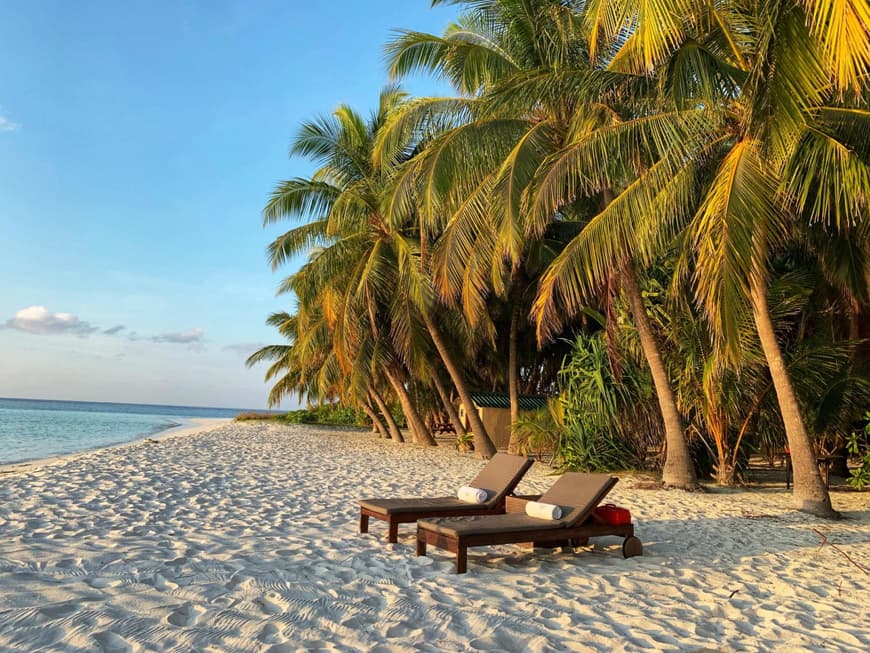
When we think of a relaxing vacation, we often imagine white sandy beaches, crystal clear waters and exotic adventures. But there is an invisible danger that is often overlooked: Tropical diseases transmitted by insects. In popular travel destinations such as the tropics and subtropics, mosquitoes and other insects lurk that can spread dangerous diseases. Find out more about this topic here.
Mosquito protection on vacation should be a top priority
The occurrence of tropical diseases such as dengue fever, yellow fever, West Nile fever, chikungunya fever and Japanese encephalitis not only affects locals, but also travelers. These diseases can be mild, but can also cause serious symptoms such as high fever, joint pain or severe diarrhea. In some cases, there is even a danger to life.
With increased travel and global connectivity, it is vital that travelers are aware of the risks of tropical diseases caused by insects and take appropriate precautions. One of the most important precautions to take on vacation is insect repellent, as most tropical diseases are transmitted by mosquitoes. ANTI-BRUMM® ULTRA TROPICAL offers long-lasting protection against tropical mosquitoes and ticks thanks to the highly concentrated active ingredient DEET. We have compiled important information about tropical diseases and other practical tips on protection for you.
You should know about these tropical diseases
Malaria is probably the best-known disease. The tropical Anopheles mosquitoes carry the pathogen, a single-celled organism called Plasmodium, into the human bloodstream. These multiply in the blood and trigger symptoms such as high fever, exhaustion, aching limbs, sweating or chills. As malaria can be life-threatening, it must be treated in hospital. For travelers to risk areas, medication is available that can be taken as a preventative measure. There is currently no vaccination against malaria.
Dengue fever is found in tropical and subtropical regions. It is transmitted by the Aedes mosquito, which is active during the day and multiplies in standing water. The symptoms are similar to those of flu: fever, chills, headache and aching limbs or nausea and vomiting. A dengue fever infection is usually mild or even asymptomatic.¹ Severe cases are less common, but are all the more dangerous.
Another treacherous virus is yellow fever, which is spread by mosquitoes of the genus Aedes and Haemagogus and can cause severe symptoms such as fever, jaundice and internal bleeding. There is no causal treatment available - but there is a vaccination to protect against the tropical disease, which holidaymakers should definitely take advantage of when traveling to risk areas.
West Nile fever has increasingly hit the headlines in recent years, particularly in Europe and the United States. It is transmitted by the bite of infected mosquitoes and can cause flu-like symptoms in humans, as well as serious neurological complications such as meningitis (inflammation of the meninges) or encephalitis (inflammation of the brain). There is neither a vaccination nor a specific treatment for the disease.
Chikungunya fever, which mainly occurs in Africa, Asia and the Caribbean, is spread by mosquitoes of the genus Aedes. It is characterized by severe joint pain, fever and skin rashes. Above all, the pain in the limbs and muscles is characteristic of the tropical disease - in 5 to 20 percent of cases it persists for months.² Only the symptoms can be treated, there is no vaccination.
Equally threatening is Japanese encephalitis, an inflammation of the brain transmitted by mosquitoes of the genus Culex, which occurs in some parts of Asia. This disease shows flu symptoms in mild cases, but in severe cases it can lead to neurological damage and can even be fatal. Tourists are particularly at risk if they are in rural areas. You can be vaccinated against the tropical disease.
Tips for insect protection on vacation
Most of the tropical diseases listed can only be treated inadequately and vaccinations have not yet been developed. The best protection is therefore to avoid being bitten by a tropical mosquito in the first place. The following tips will help keep the insects at bay:
- A mosquito spray (repellent) with the active ingredient DEET (diethyltoluamide) or icaridin usually lasts for several hours. Make sure you buy a high-quality product with a high content of the active ingredient (30 to 50 percent).³
- Mosquito nets over the bed help to keep mosquitoes away, at least at night. Some are even impregnated with an insecticide, which offers additional safety.
- Wear long, light-colored clothing with fibers that are as dense as possible and cover your arms and legs well. For effective protection, you can apply many mosquito sprays to clothing. Also remember to protect your feet and head.
- Thin inner sleeping bags not only offer more hygiene in strange beds, they also help to keep bedbugs, fleas or ticks away. There are also some available that are impregnated with an insect repellent.
If you are bitten despite these precautionary measures and notice symptoms such as fever, headache, chills or aching limbs, it is essential that you consult a doctor so that treatment for a possible tropical disease can begin immediately.
¹"Dengue fever". Federal Foreign Office. Accessed May 11, 2023.
²"Infectious diseases A-Z - Chikungunya fever". Rki.de, . Accessed May 11, 2023.
"Exposure prophylaxis" Information for employees and travelers. Federal Foreign Office. Accessed May 11, 2023.







